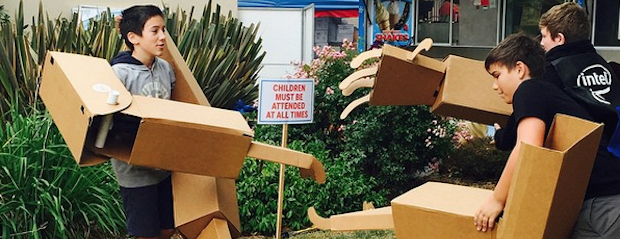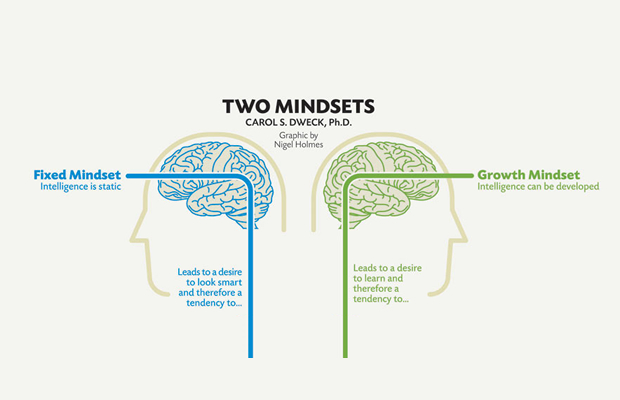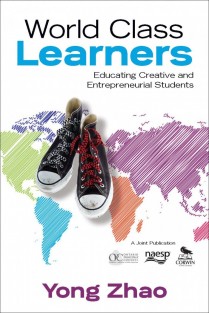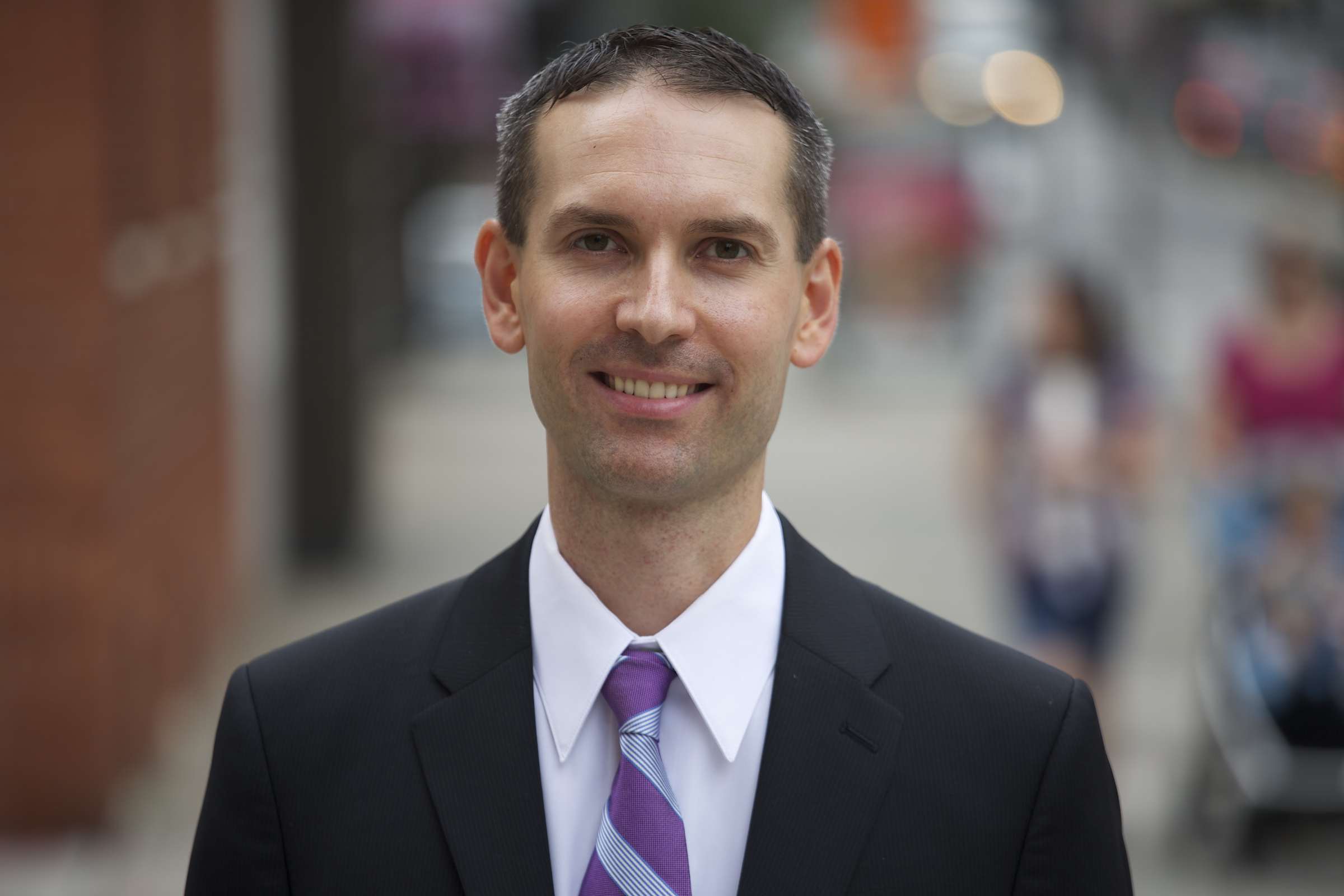Disruptive shifts in technology and the globalization of the world’s economy have sparked intense debates about the future of education. Part of our mission at the Lycée Français de New York is to analyze educational research so that we may uphold academic excellence, support the social development of our students, and foster responsible citizenship. 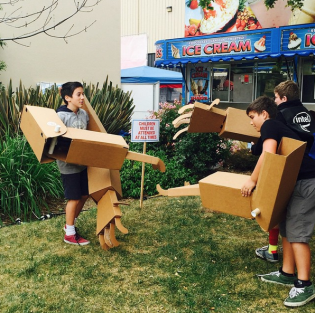 This summer, I was fortunate to receive support from the Lycée to address the question of how innovative instructional methods could promote the civic education and career readiness of our students. Cross-examining research in neuroscience and education and the work of social entrepreneurs, I discovered that project-based learning (PBL) is a promising avenue for transforming pedagogical paradigms in order to cultivate creativity and instill an entrepreneurial mindset in students.
This summer, I was fortunate to receive support from the Lycée to address the question of how innovative instructional methods could promote the civic education and career readiness of our students. Cross-examining research in neuroscience and education and the work of social entrepreneurs, I discovered that project-based learning (PBL) is a promising avenue for transforming pedagogical paradigms in order to cultivate creativity and instill an entrepreneurial mindset in students.
Children created giant cardboard robots during the Maker Faire 2015 in the Bay Area.
In 2010 Newsweek Magazine asked whether there was a creativity crisis in America. The pressure on schools to measure achievement via testing appeared to be stifling creativity among students. Education scholars have noted that students in the United States suffer a 50-60% decline in creativity between the ages of 5 and 9. Meanwhile geographer Richard Florida argued that the motor of the contemporary economy is the creative class. Sir Ken Robinson explained that schools are often guilty of killing creativity because they teach students to avoid failure. On the contrary, in order to have an original idea, individuals must take the risk of being wrong.
“When teachers instill a “Growth Mindset” among their students, creativity and intelligence will flourish.”
Psychologist Carol S. Dweck has investigated the roots of the creativity problem through the lens of intelligence. She found that a difference in mindset regarding intelligence could explain how individuals learn. When people exhibit a “Fixed Mindset” they believe that intelligence is static. Therefore, they seek to appear intelligent with pernicious consequences, such as avoiding challenges, shirking from obstacles, giving up easily, ignoring useful criticism, and feeling threatened by the success of others. On the other hand, a “Growth Mindset” empowers individuals to feel that intelligence can be developed. As a result, students in this Mindset will have the desire to learn by embracing challenges, persevering in the face of obstacles, considering criticism as helpful, and finding inspiration in the success of others. When teachers instill a “Growth Mindset” among their students, creativity and intelligence will flourish.
A tangible way of stimulating innovation and creativity
At a time when some schools are cutting programs in the arts, others are finding new ways of integrating the arts into non-artistic disciplines. Arts education is a tangible way of stimulating innovation and creativity. Research (link to a pdf “How Creativity Works in the Brain”) sponsored by the National Endowment for the Arts on creativity and the brain has important implications for schools. When teachers integrated the arts into non-artistic subjects, students reported higher motivation to learn and an increase in their retention of knowledge. The NEA’s study touted the benefits of teaching art because it stimulates “divergent thinking,” meaning that students can envision multiple possibilities in response to a problem. Neuroscientist Gregory Berns asserted in the Stanford Social Innovation Review that iconoclasts perceive the world differently, which enables them to innovate. At the Lycée Français student projects in arts plastiques classes are always assessed on the degree to which the student has taken creative risks.
Exploring real-world problems
When a teacher extrapolates lessons from the organization of arts classes and studies on creativity and the brain, this leads logically to a reexamination of instructional methods. For instance, it is possible to replicate the conditions that encourage a “Growth Mindset” and “divergent thinking” through the implementation of Project-Based Learning. PBL is a dynamic approach to teaching in which students explore real-world problems and acquire deeper learning, according to Edutopia. The advantages of PBL are many, including increased long-term retention, improved problem-solving, communication, and collaboration skills, and a better understanding of professional environments.
To take PBL a step further in the direction of our creative economy, educational scholar Yong Zhao has challenged schools to consider PBL as “Product-based Learning,” with the critical difference being a student project culminating in some sort of product or service being created to respond to a need. When students produce an artifact, they take personalized ownership of their learning and also gain valuable experience as creators in the new creative economy. The Maker Revolution has been underway for nearly a decade with Maker Faires exhibiting the innovations of home-inventors. A school that implements PBL successfully can serve as a social laboratory that not only studies problems, but also generates student-inspired solutions.
Students should learn to “make a difference”
The Lycée’s mission to instill responsible citizenship compels us to explore how students can better serve the local and global community to foster sustainable development. The Maker Revolution and Product-Based Learning are certainly open to ventures that urge students to “make a difference.” Thus, teachers at the Lycée are exploring ways of integrating social entrepreneurship into our secondary programs. Since September 2014, the Lycée has a formal partnership with Ashoka called LFNY Youth Ventures, which takes the form of a ninth-grade club. This club, which will start later this month, encourages students to study and imitate social entrepreneurs who come up with innovative solutions to society’s social problems by offering new ideas for wide-scale change.
Startup Weekend EDU (see video presentation below) provides a crash course for teachers to create and launch a social enterprise in response to real-world needs. Inspired by the Startup Weekend EDU initiative, the LFNY is in preparation to organize its own, for young people.
Growing our educational programs in the service of the global community while stimulating the creative forces of our students is already underway at the Lycée. Our mission inspires us to impart initiative, intelligent risk-taking, collaboration, and opportunity recognition among students. These skills will enable them to encounter the complexity of the modern world confidently, as capable change makers, thanks to the entrepreneurial and growth mindset we aim to instill.
Learn more:
“Entreprendre“, a post by Sean Lynch about Developing our students’ entrepreneurial potential.
“Our Growth Mindset“, a post by Sean Lynch about how to foster an approach to learning based on the growth mindset.
About the Author :
Arthur Plaza holds a Ph.D in History and French Studies from New York University. He also studied at Sciences-Po and was awarded a Fulbright Fellowship to conduct research in France in 2004-2005. Part of his research was published in the collective volume entitled “Politiques de la laïcité au XXe siècle” (PUF, 2007). In addition, he has been an editorial assistant at the scholarly journal, French Politics, Culture & Society.

